Hepple: The new techniques in British gin making
Walter Riddell of Moorland Spirit Company talks about using local juniper and extracting their intense flavour with perfume-making methods
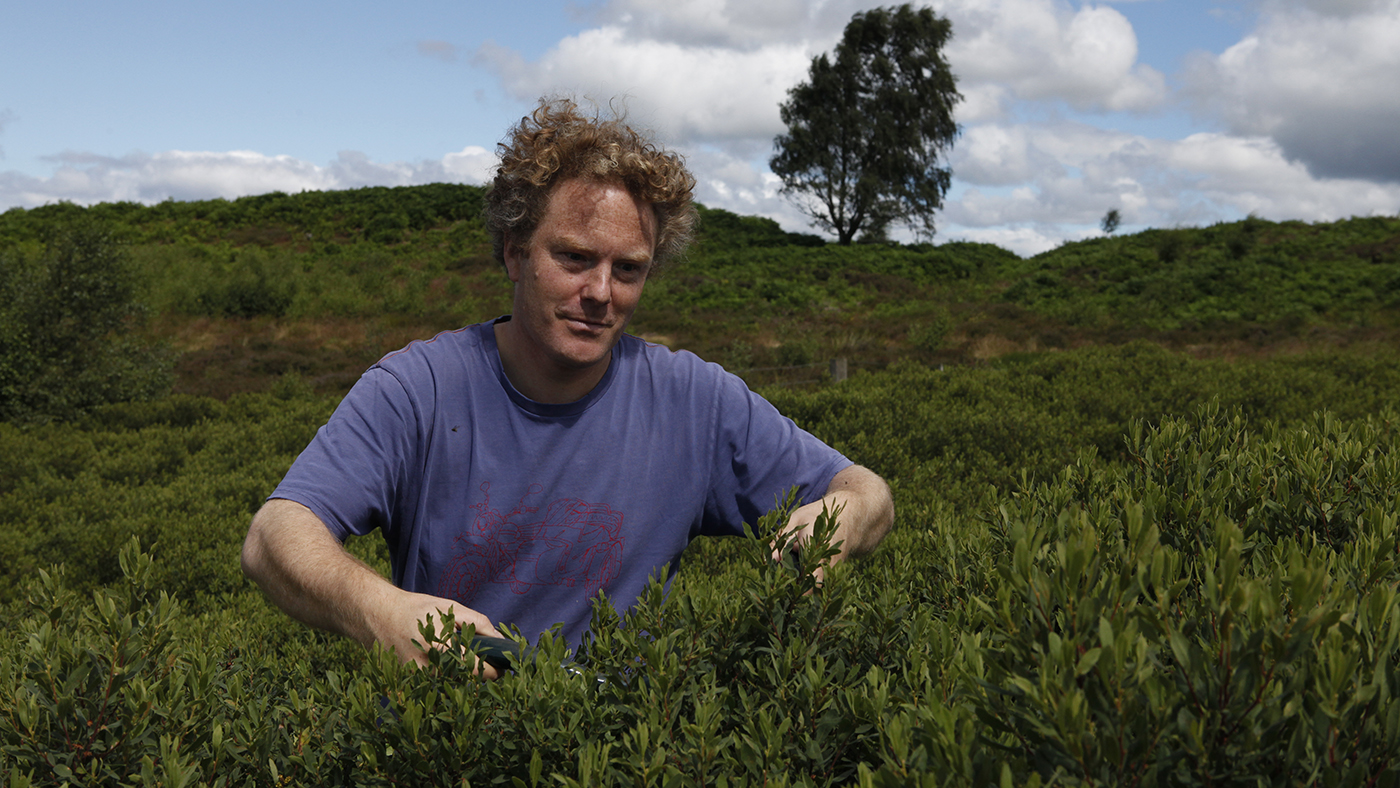
A free daily email with the biggest news stories of the day – and the best features from TheWeek.com
You are now subscribed
Your newsletter sign-up was successful
Hepple Gin started after a long, and frankly rather boozy, discussion between myself and my old friend Valentine Warner, the well-known chef and broadcaster, in a west London restaurant. Val and I are idealists, and as the conversation developed our ideals grew. We share a passionate love for wild countryside; where I find the space and crisp air helps to clarify my mind and Val finds vivid, real flavours that are the hallmark of his cooking. There is something magical in the wholly natural, but to catch that spirit we had to look to science, so we turned to two experts – Nick Strangeway, one of the world's top bartenders and Cairbry Hill, who has developed innovative techniques in natural flavour extraction. In March 2013, we all met at Hepple, which is my family’s heartland in remote northern Northumberland. As we walked on the hill through a battering of snow, four strands of experience started to draw together.
Our initial plan was to create a different type of drink in an entirely new category, but gin’s prized ingredient surrounded us – juniper. As we walked, Nick explained that the British berry had not played much of a role in the traditions of gin. When I was young we would picnic among the ancient bushes and burn cast-off branches to cook our sausages. Juniper smoke has the most fabulous aroma and was wafted through the house to banish banshees and welcome guests. But from Val, Nick and Cairbry’s perspective the junipers at Hepple could form the core of our gin. Radical new techniques to capture botanical freshness and richness that traditional distilling left behind would be used to make the gin taste as alive in the bottle as our plants – our ingredients – were on the hill.
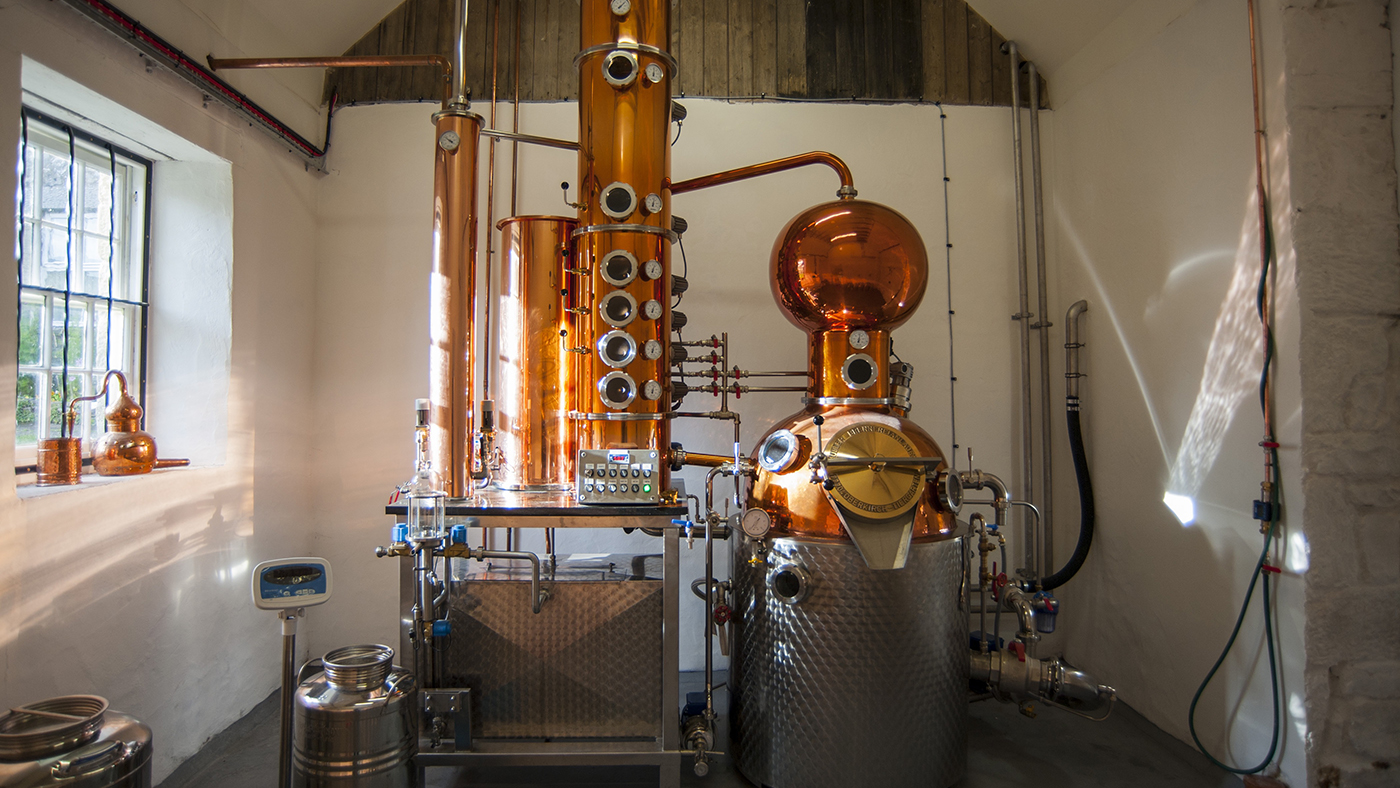
I believe we're the only gin in the world that uses juniper berries when they are young and green. It introduces a zestiness that is absent in the normal purple juniper. Picking it is a spiky, painful affair that takes a lot of time. Green berries are then separated from the purple berries that fall from the bush as we pick. We have a use for these purple berries but I’ll come on to that later. We rush the green berries to the distillery where we use a glass vacuum at a relatively cool forty degrees to extract their flavour into a distillate. This low temperature distillation preserves the freshness of the flavour. In the room next door we have a rather more conventional copper pot. We are incredibly lucky to have Chris Garden, the ex-head distiller of the brilliant Sipsmith, and if anyone knows how to make a fabulously smooth gin on a copper still, it is Chris. We layer these two distillates together, combining the best of the smooth qualities of the copper with the freshness of the cold-distilled green berry.
The Week
Escape your echo chamber. Get the facts behind the news, plus analysis from multiple perspectives.

Sign up for The Week's Free Newsletters
From our morning news briefing to a weekly Good News Newsletter, get the best of The Week delivered directly to your inbox.
From our morning news briefing to a weekly Good News Newsletter, get the best of The Week delivered directly to your inbox.
Cairbry introduced our third stage, using a system that is normally reserved for the finest of perfumes. A Supercritical column squeezes ripe juniper and extracts the "absolute" of the junipers' flavour. This extract contains oils that evoke the juniper wood smoke swirling about me from when I was young. It is an intensely rich aroma and it gives the gin a texture and length of flavour that is unique – because no other gin uses this technique. We layer this third stage, our base note as it were, onto our other two layers. It takes at least five times longer to make our gin compared to a conventional "London Dry" gin, but we think it's worth it.
The fact that we are actually harvesting from the land around the distillery requires us to be very, very careful about how we look after it. As for the purple, ripe juniper that we find as a consequence of picking green berries, they are unusually rather fertile and so we return them to the earth. My wife Lucy is an expert in juniper propagation and together with help from Natural England, Northumberland National Park and Newcastle University she runs one of the largest juniper propagation programmes in England. This year we are hoping to see up to a thousand seedlings emerge.
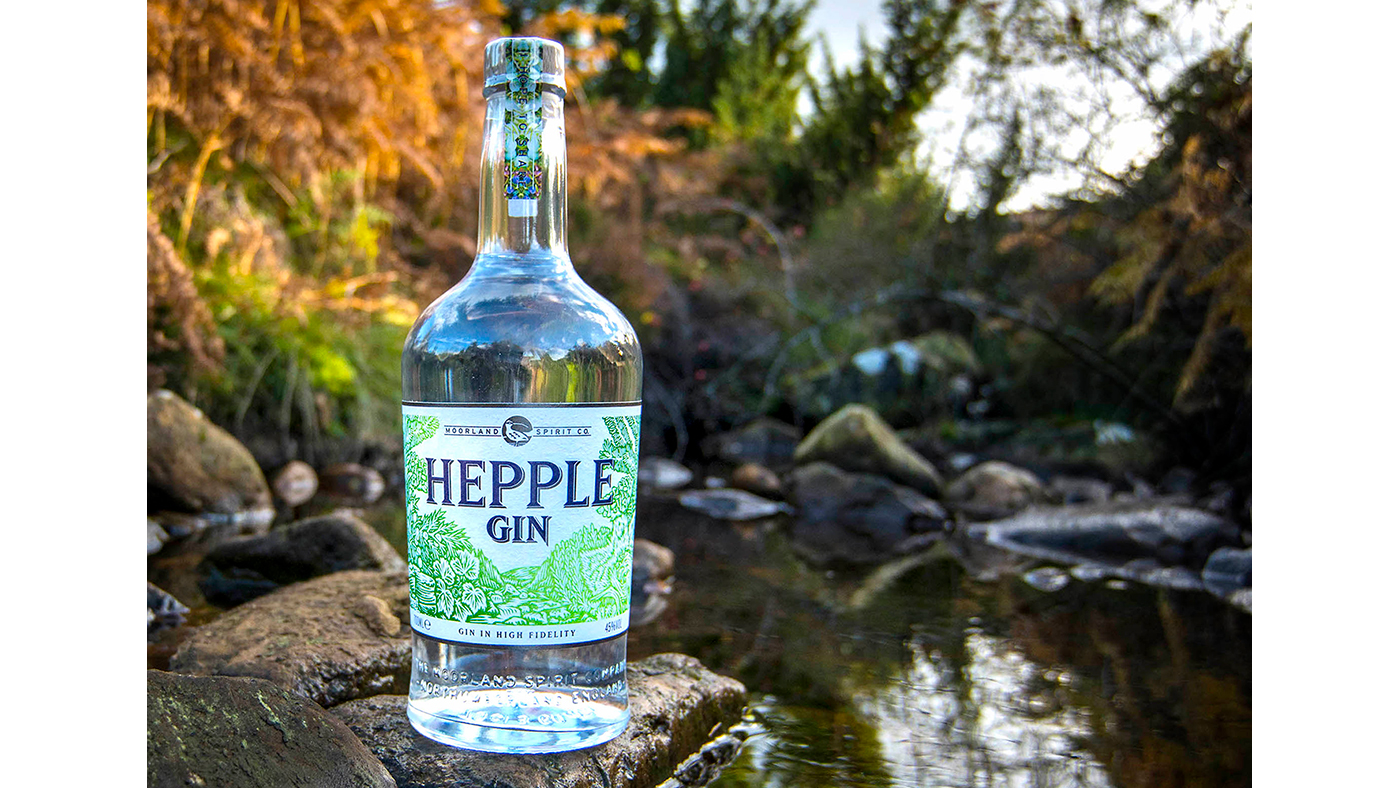
Juniper is very slow to reproduce; it takes two years to germinate, and then between 10 to 12 years before the seedling turns into a mature enough plant to bear the prized berries. At the moment we are planting out between one hundred and two hundred seedlings a year, and we plan to continue to do this for the foreseeable future. It will be some time before our babies are ready to be harvested, but happily the Northumberland National Parks have been busy planting at Hepple for some time, and these are now developing into mature plants. The ideal would be to have them start self-reproducing and the fact that we have found some young self-seeded plants on the hill shows this is starting to happen.
Juniper is sexed – they come in male and female forms, so half of them are going to be hopeless males. While they are entirely pointless for gin-making as they produce no berries, they will obviously help self-seeding. Not to speak of their value when it comes to cooking sausages while on picnics.
A free daily email with the biggest news stories of the day – and the best features from TheWeek.com
For a juniper, a hand's width of thickness of the trunk would mean the plant is about 150 years old, and many of the plants here are two or three hand widths wide. We want to look after them. This is not a project that costs very much, and it doesn't take much effort to plant a tree. My family has been here a couple of hundred years – we're slow movers – so I'm hoping to continue it as long as I can.
WALTER RIDDELL is the managing director of Moorland Spirit Company, which owns Hepple Gin, and is responsible for the propagation of the gin's critical botanicals in Hepple; hepple-gin.com
-
 Why are election experts taking Trump’s midterm threats seriously?
Why are election experts taking Trump’s midterm threats seriously?IN THE SPOTLIGHT As the president muses about polling place deployments and a centralized electoral system aimed at one-party control, lawmakers are taking this administration at its word
-
 ‘Restaurateurs have become millionaires’
‘Restaurateurs have become millionaires’Instant Opinion Opinion, comment and editorials of the day
-
 Earth is rapidly approaching a ‘hothouse’ trajectory of warming
Earth is rapidly approaching a ‘hothouse’ trajectory of warmingThe explainer It may become impossible to fix
-
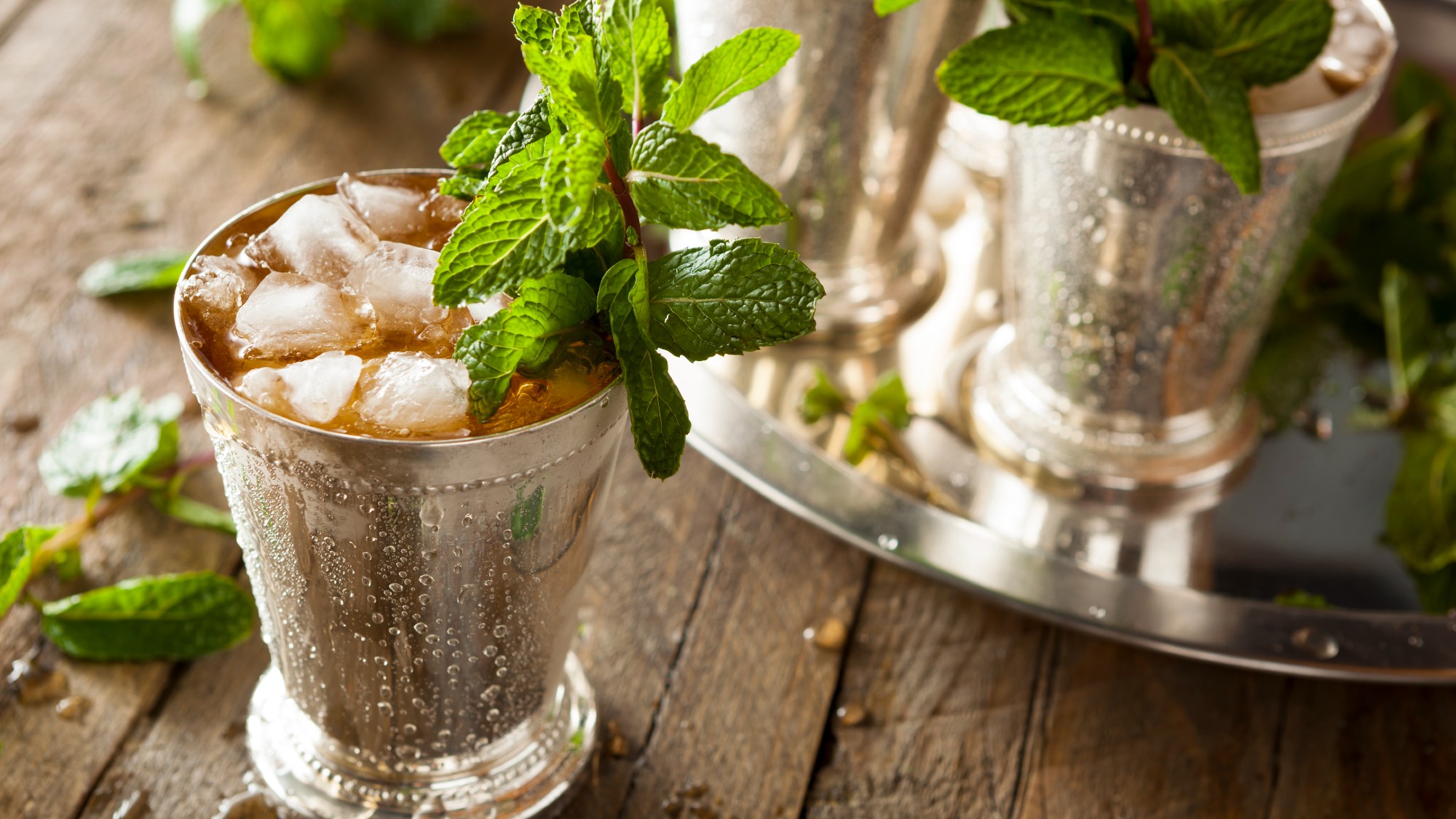 8 cocktail recipes for your every summer need
8 cocktail recipes for your every summer needThe Week Recommends Beat the heat back with well-chosen refreshment
-
 Tried and tasted: best gins for the perfect G&T
Tried and tasted: best gins for the perfect G&TThe Week Recommends The proliferation of gins – and tonics – has created a delightfully daunting choice
-
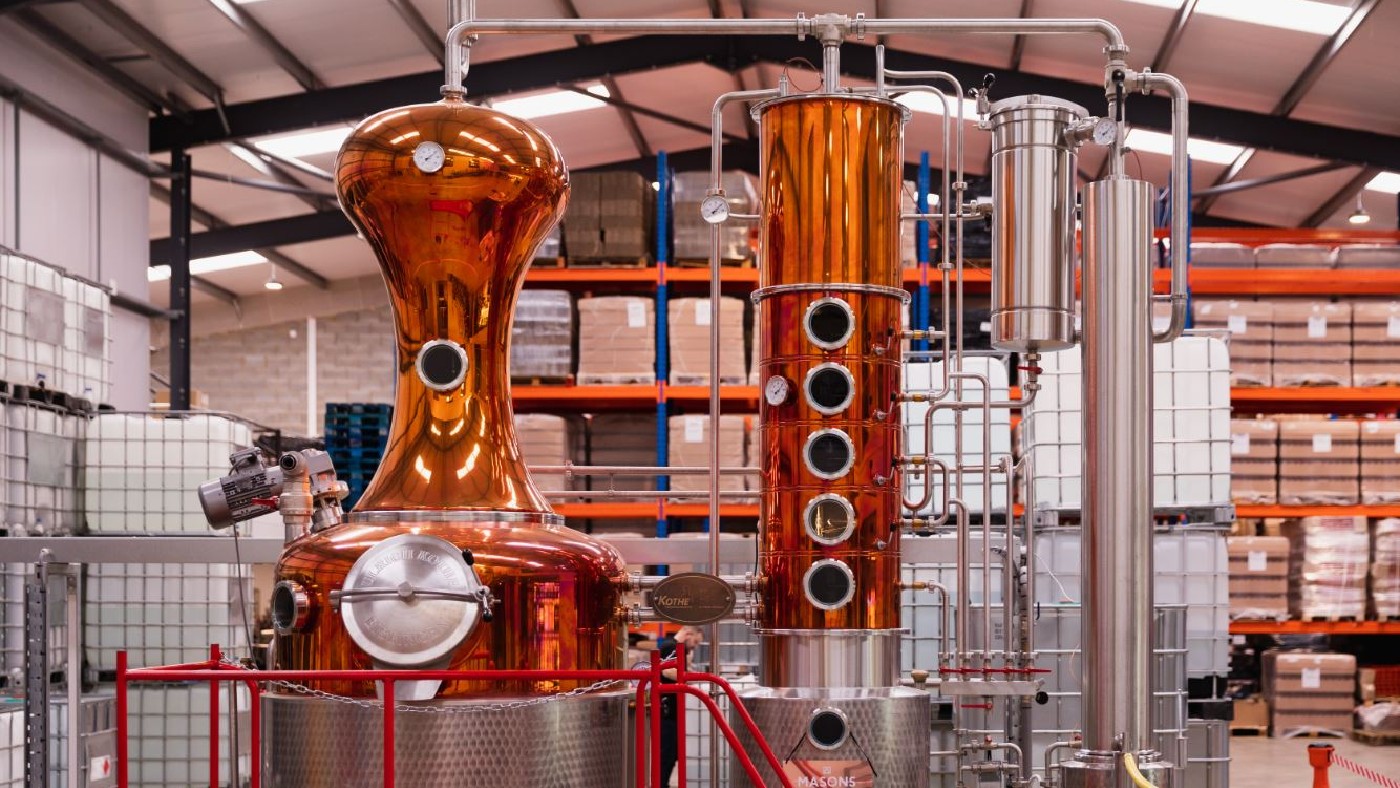 Celebrate World Gin Day with these juniper-centric activities
Celebrate World Gin Day with these juniper-centric activitiesThe Week Recommends World Gin Day falls on 12 June, so why not enjoy a G&T-themed afternoon tea or a guided gin tasting
-
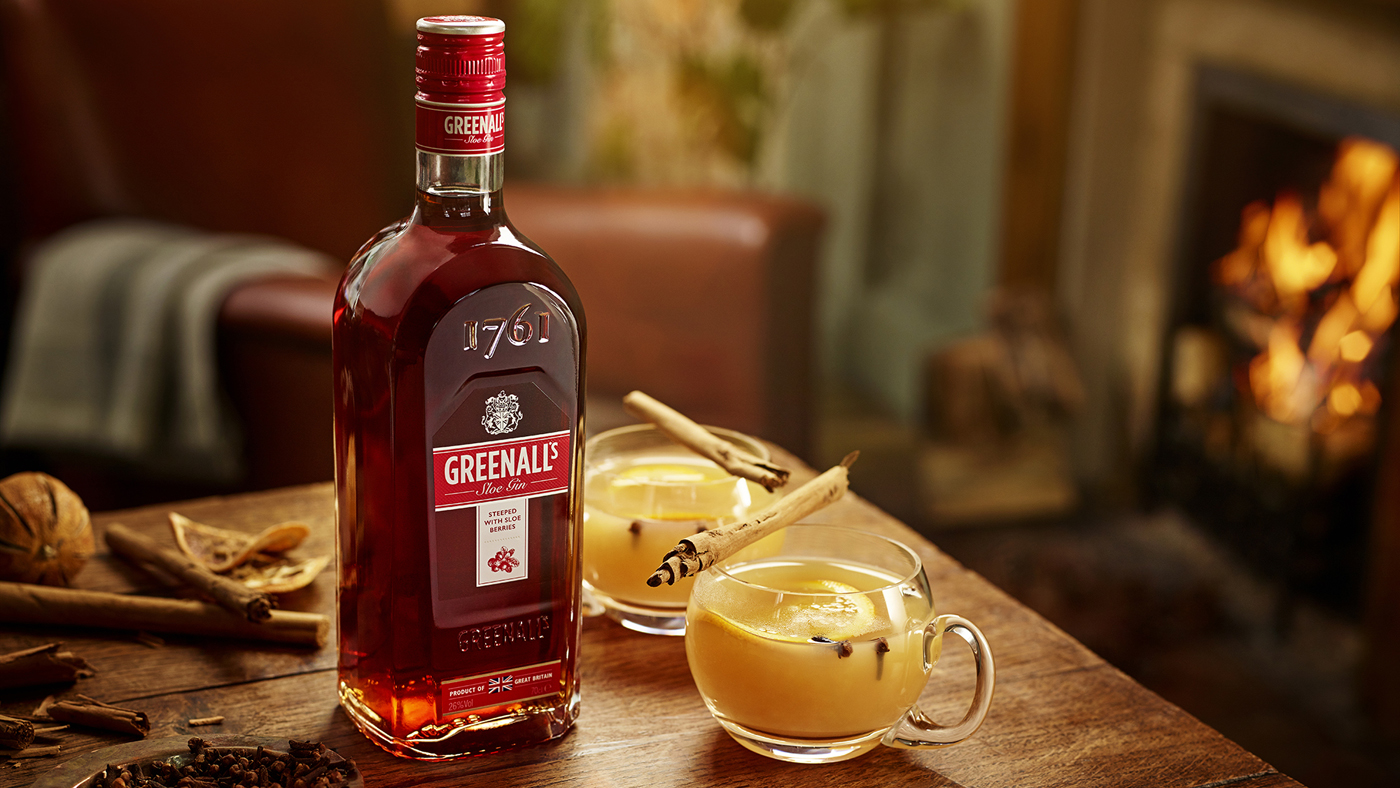 Take it sloe: Greenall’s unveils new autumnal gin recipe
Take it sloe: Greenall’s unveils new autumnal gin recipeThe Week Recommends Gin distiller launches new recipe with hint of marzipan as Britain’s ‘ginaissance’ shows no signs of slowing
-
 Journey through gin at Holborn Dining Room
Journey through gin at Holborn Dining RoomIn Depth Kristian Smith recalls the infamous history of the classic drink as he prepares to host a weekly masterclass at London's largest gin bar
-
 Family Values: Inside the legacy of Cointreau
Family Values: Inside the legacy of CointreauIn Depth Alfred Cointreau on why passion, creativity and equality lie at the heart of the company's heritage
-
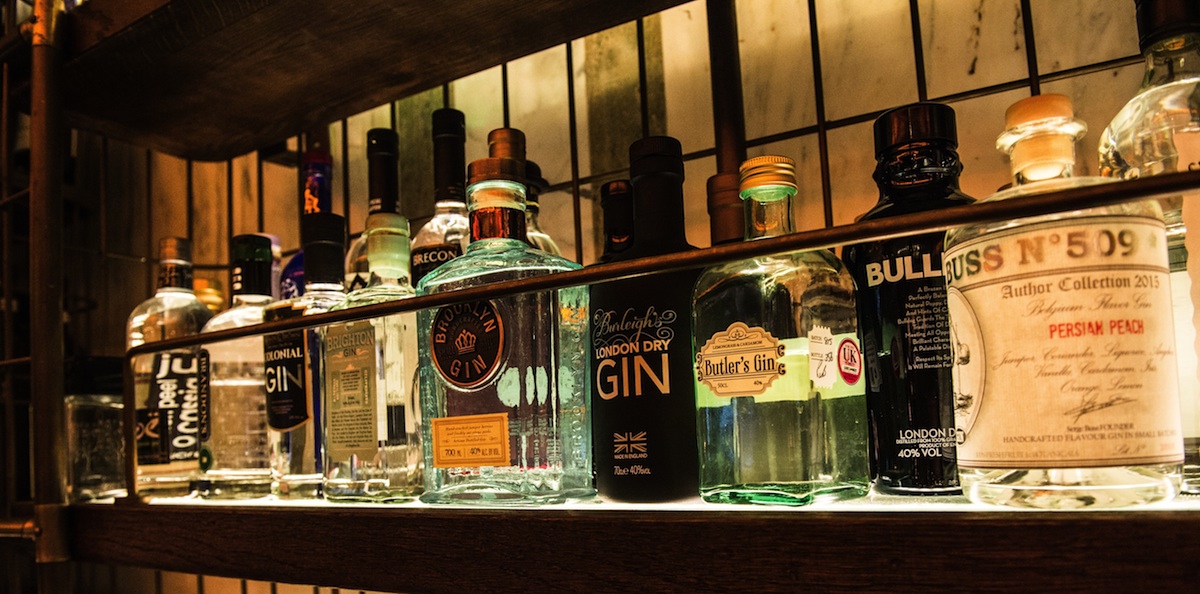 The best places to drink gin in the UK
The best places to drink gin in the UKIn Depth Where to find the bars that are making the G&T great again
-
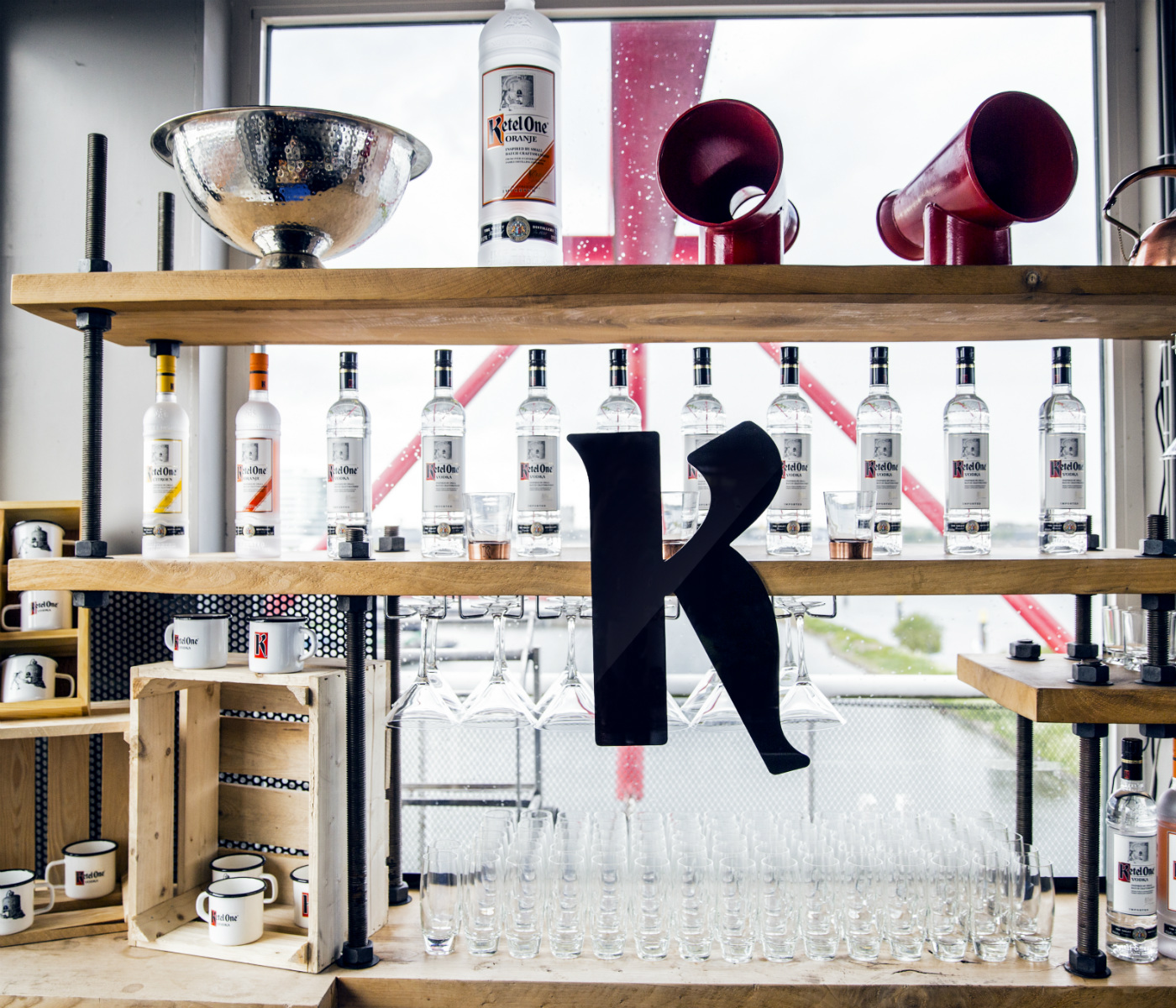 Ketel One Vodka: A family affair
Ketel One Vodka: A family affairIn Depth Three hundred years, eleven generations and an innovative mix of old and new give birth to a drink that challenges preconceptions